In the midst of chaos, there is also opportunity
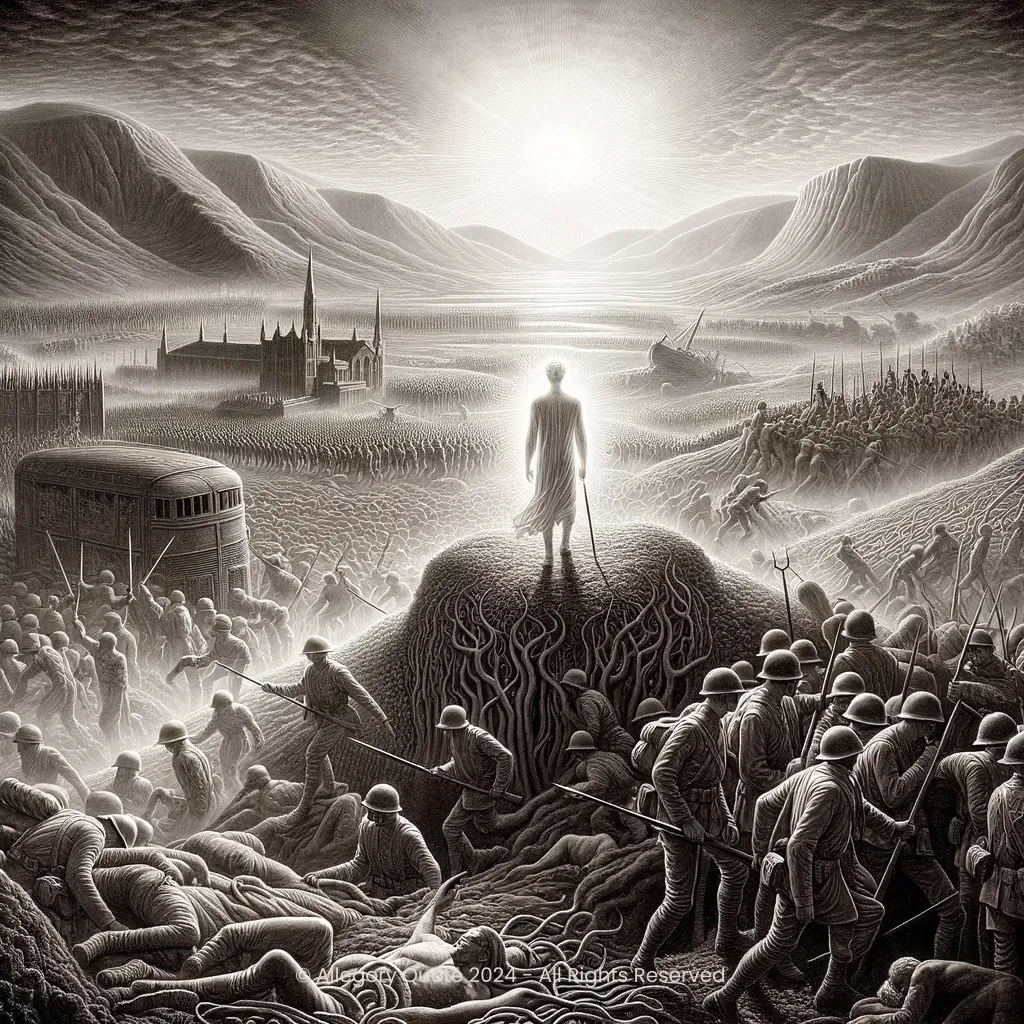
0
0
0
0
- Meaning
- This phrase highlights the idea that times of disorder and confusion can also bring unexpected chances for improvement and success. Philosophically, it suggests that adversity can be harnessed for positive outcomes, encouraging strategic thinking and adaptability. Historically, it has been a guiding principle not just in warfare but in business, leadership, and personal development.
- Allegory
- The image elements include the ancient battlefield covered in fog to symbolize chaos and confusion, while the figure standing on the rise represents the insightful strategist identifying opportunities amid turmoil. The glimmers of light are symbolic of the opportunities that can be found in challenging times. The mountains and the rising sun in the background convey hope and the potential for renewal, aligning with the theme of finding opportunity within chaos.
- Applicability
- In everyday life, this phrase can be applied by maintaining one's composure and staying alert during challenging times. For instance, during a workplace crisis, recognizing potential opportunities for innovation or showing leadership can lead to career advancements. It's about focusing on potential gains instead of being paralyzed by the chaos.
- Impact
- The impact of this phrase has been profound, resonating through various fields such as military strategy, business management, and personal development. In the business world, it has inspired leaders to look for competitive advantages during market downturns. During historical military conflicts, commanders have often identified and exploited opportunities during the most chaotic episodes. It has also been a source of inspiration in literature and motivational speeches.
- Historical Context
- This quote is likely from around the 5th century BC, the period during which Sun Tzu is believed to have lived and composed "The Art of War." This was a time of regional conflict in China known as the Spring and Autumn period, marked by great political and military upheaval.
- Criticisms
- Criticisms of this phrase typically revolve around its potential oversimplification of complex situations. Some might argue that there are scenarios where chaos leads only to negative outcomes without any opportunities, or that it minimizes the suffering caused by chaotic circumstances.
- Variations
- This phrase appears in various cultural interpretations. In Western culture, it's often interpreted in a business or leadership context. In Eastern philosophies, it aligns with the concept of yin and yang, where chaos (yin) inherently contains the seeds of opportunity (yang). These interpretations across cultures assert the universal human experience of finding balance and opportunities amid difficulties.
-
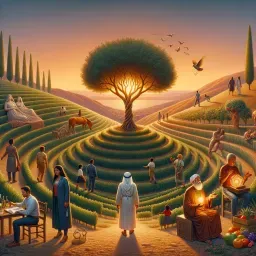
There is no other life; why don’t you give your whole heart to this one?
-

There the dreadful Erichtho writhed, who summoned back the shadows to their bodies.
-

You never know how strong you are, until being strong is your only choice.
-

Yes we can.
-

You will taste how salty another's bread is, and how hard it is to tread another's stairs up and down.
-

And I: 'Master, what is so heavy that it makes them lament so strongly?'.
-
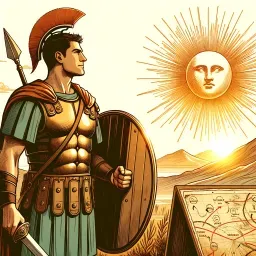
Praemonitus, praemunitus.
-

America is back.
-
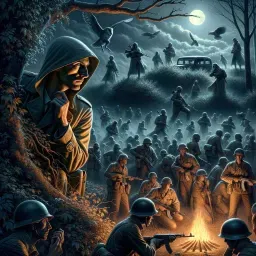
All warfare is based on deception.
-
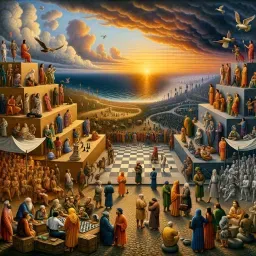
Keep your friends close, but your enemies closer.
No Comments